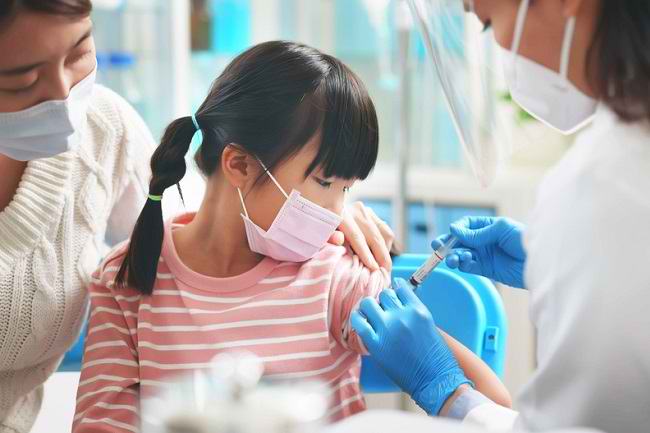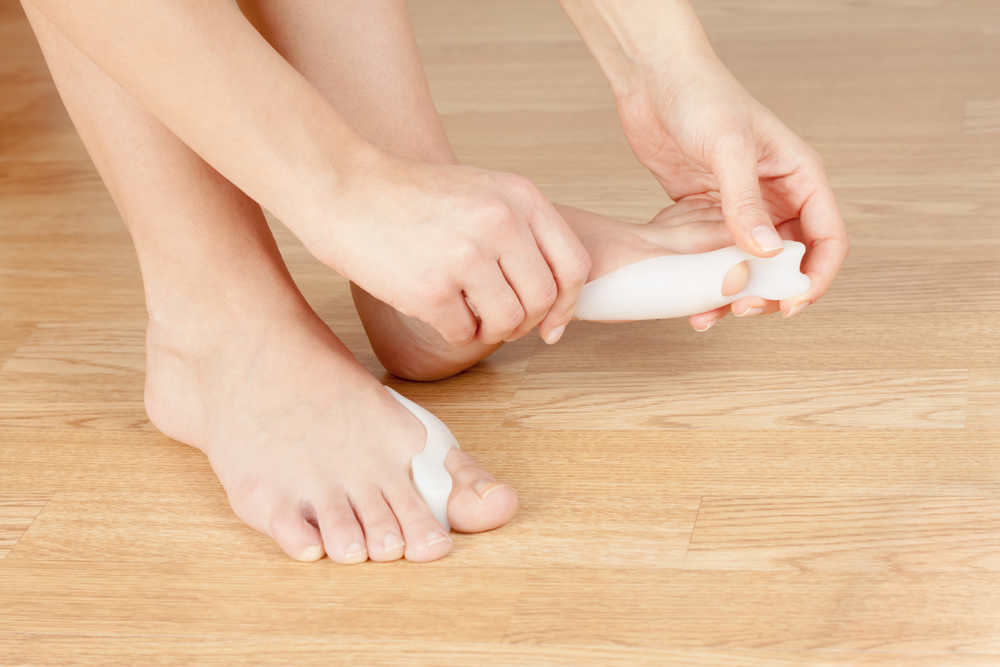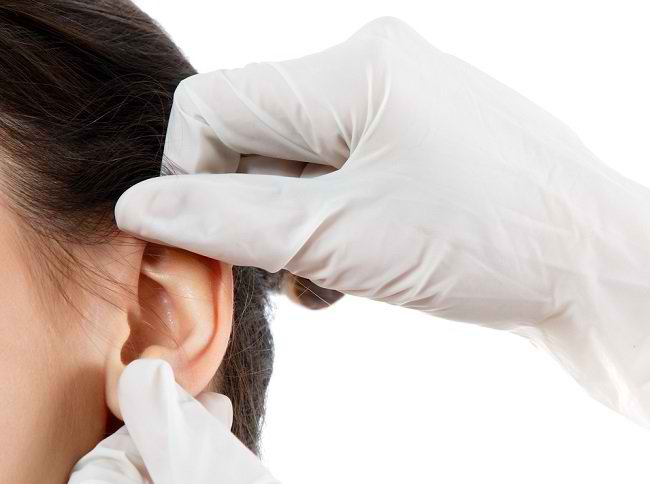Dimethindene maleate or dimethindene is a drug used to treat: relieve allergic reactions, such as urticaria or hives. This medicine is a class of antihistamines that work specifically to block the H1 receptor.
Dimentindene works by inhibiting the production and work of histamine produced by the body when exposed to substances or substances that cause allergies (allergens), so that allergy symptoms can subside.

Besides being used to relieve allergy symptoms, this drug can also be used to reduce itching and rashes due to eczema, chickenpox, sunburn, or dermatitis.
Dimethindene maleate trademark: Fenistyl
What is Dimethindene Maleate
| group | Antihistamines |
| Category | Prescription drugs |
| Benefit | Relieve complaints and symptoms due to allergies |
| Used by | Adults and children |
| Dimethindene Maleate for pregnant and lactating women | Category N: Not categorized. It is not known whether dimethindene maleate is absorbed into breast milk or not. If you are breastfeeding, do not use this medicine without telling your doctor. |
| Shape | Drops (drops) and gel |
Precautions Before Using Dimethindene Maleate
Dimethindene maleate should not be used carelessly. The following are things you need to pay attention to before using dimethindene maleate:
- Do not use dimethindene maleate if you are allergic to this drug.
- Tell your doctor if you have or are currently suffering from urinary retention, glaucoma, benign prostate enlargement, epilepsy, ileus, or intestinal obstruction.
- Do not drive a vehicle or do activities that require alertness while you are taking dimenthindene maleate, as this medicine can cause dizziness and headaches.
- Tell your doctor if you are pregnant, breastfeeding, or planning a pregnancy.
- Tell your doctor if you are taking any other medicines, including supplements, and products
- See your doctor right away if you have an allergic reaction or overdose after taking dimethindene maleate.
Dosage and Instructions for Use of Dimethindene Maleate
The dose of dimethindene maleate is different for each patient. The following is the distribution of dimethindene maleate dosage for adult and pediatric patients:
- Dimethindenemaleate drops (drops)Adults: 1-2 mg, 3 times daily
- Dimethindene maleate gelAdults: apply 2–4 times a day or as directed by a doctor
How to Use Dimethindene Maleate Correctly
Follow the doctor's advice and read the instructions on the medicine package before using dimethindene maleate. Do not increase or decrease the dose without consulting your doctor first.
For dimethindene maleate in drop form, fill the pipette to the recommended limit. After that, drop the medicine into the mouth according to the doctor's instructions.
Dimethindene maleate gel is given by gently rubbing it on the problematic skin. Don't forget to wash your hands before and after applying dimethindene maleate gel.
Use dimethindene maleate regularly to get maximum results. It is recommended to take this medicine at the same time every day to make it easier to remember the schedule of use.
Store dimethindene maleate in a dry and cool place. Keep away from heat, humid conditions, direct sunlight and reach of children.
Interactions of Dimethindene Maleate with Other Drugs
The following are a number of interactions that can occur when dimethindene maleate is used in combination with other drugs:
- Increased risk of hearing loss if used with antibiotics, such as aminoglycosides
- Increased effectiveness of alcohol, opioid drugs, or barbiturate drugs
- Decreased effectiveness of betahistine
- Increased risk of QT prolongation when used with mefloquine
- Increased sedative effect when used with thalidomide
- Increased risk of fatal side effects when used with atropine or antidepressant drugs, such as monoamine oxidase inhibitor (MAOIs) and tricyclic antidepressants (TCAs)
Dimethindene Maleate Side Effects and Dangers
There are several side effects that can occur after using dimethindene maleate, namely:
- dry mouth
- Drowsiness
- Headache
- Constipation
- Dizzy
- Urinary retention
- Tachycardia or arrhythmia
- Blurred vision
- Loss of appetite
Check with your doctor if the side effects above do not subside. Immediately see a doctor if an allergic reaction occurs to the drug, which can be characterized by the appearance of an itchy rash on the skin, swelling of the eyes and lips, or difficulty breathing, after using dimethindene maleate.









